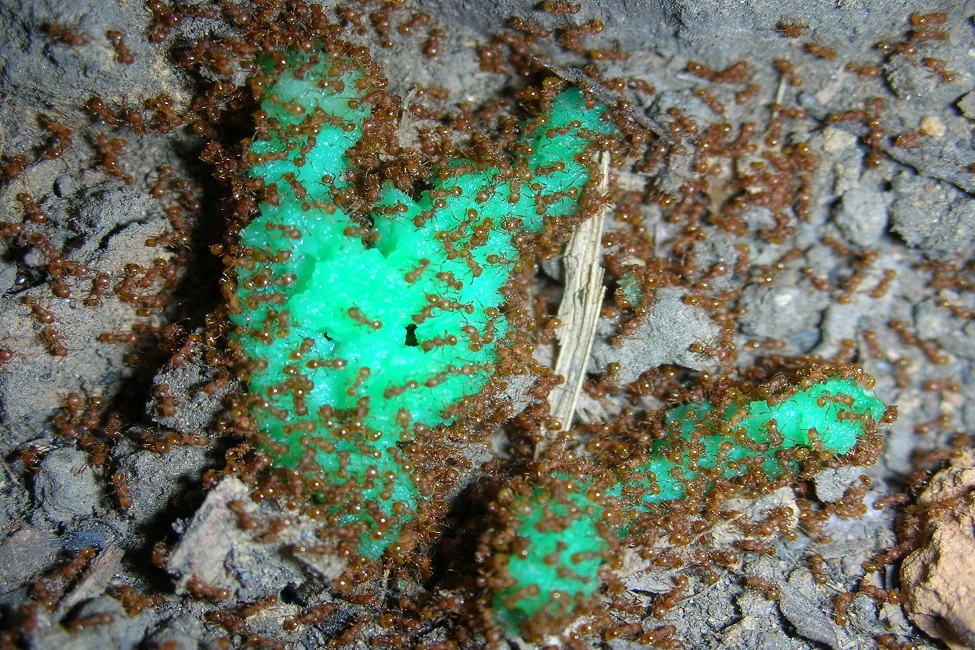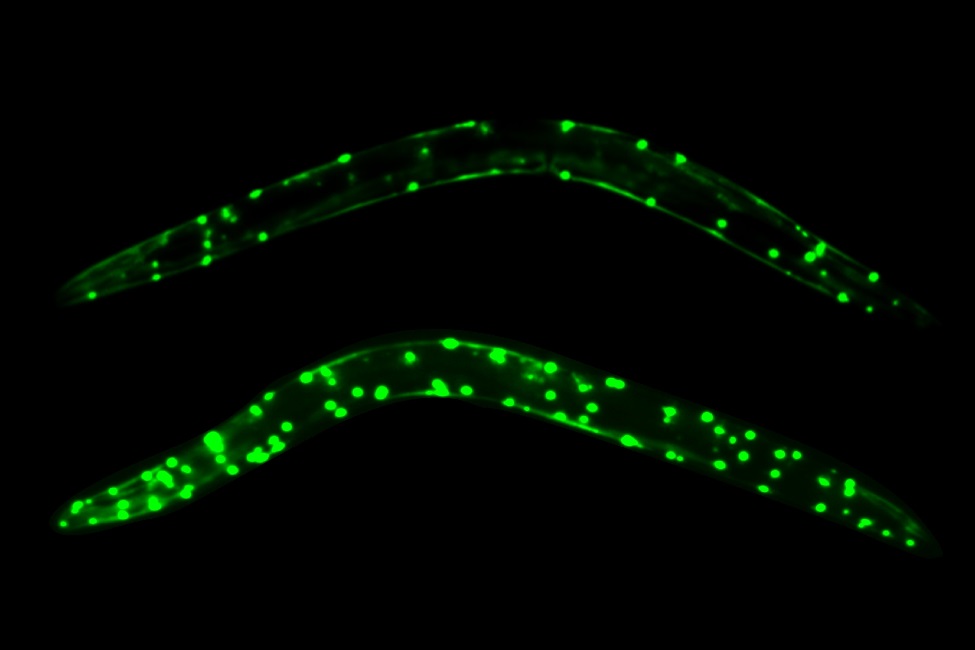
Being Behind the Curve Can 'Sting'
FAU research shows what a tiny ant and indigenous cultures can teach medical and scientific communities by solving a medical mystery that has puzzled them for decades.

Panel Discussion on the U.S. Economy under President Trump
The Osher Lifelong Learning Institute at FAU Jupiter Presents a Panel Discussion on the U.S. Economy under President Trump.

FAU to Celebrate 'A New OWLeans' Homecoming 2017
Florida Atlantic University will celebrate "A New OWLeans" Homecoming 2017 beginning Saturday, Oct. 14 through Saturday, Oct. 21.

Study Reveals if a Child Survives or Thrives When Bullied
Why are some children devastated by bullying while others are not? A new study validates how "resilience" differentiates children who just survive bullying from those who thrive when faced with adversity.

Osher Lifelong Learning Institute Presents William H. Chafe
The Osher Lifelong Learning Institute at Florida Atlantic University in Jupiter presents William H. Chafe on Oct. 26 in the Osher Lifelong Learning Institute complex at FAU's John D. MacArthur Campus.

NIH Grant to Further Neuropsychiatric Disorders Research
A $2.3 million National Institutes of Health grant will help FAU neuroscientists to continue research to better understand and treat several neuropsychiatric disorders including depression and autism.

The Osher Lifelong Learning Institute Announces Schedule
The Osher Lifelong Learning Institute at Florida Atlantic University in Jupiter has announced its course offerings for the fall semester, which begins Monday, Oct. 16.

It's Not Just What You Eat, It's What's Eating You
A new study shows that it's not just what or how much you eat that matters. Smelling food in addition to consuming calories could influence the aging process and provide clues for a longer lifespan.

FAU - SCI Partnership Yields First Careers
FAU's new workforce training partnership with Sancilio & Company (SCI) has yielded new careers.

Study Illuminates Serotonin Contributions to Cocaine's Lure
A new study reinforces long-held suspicions that the brain chemical serotonin, a molecule usually associated with mood, appetite and libido, makes a direct contribution to the actions of cocaine.